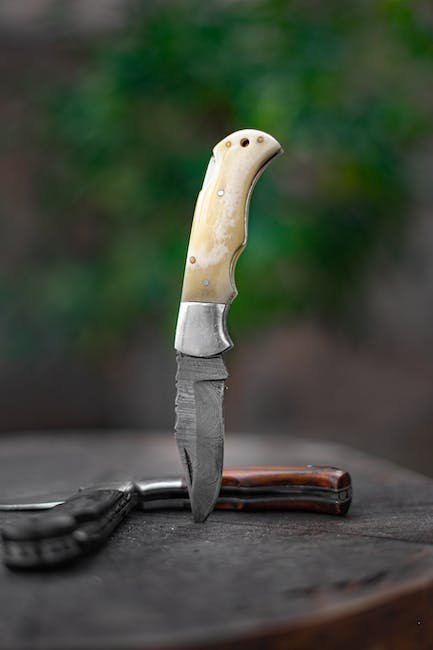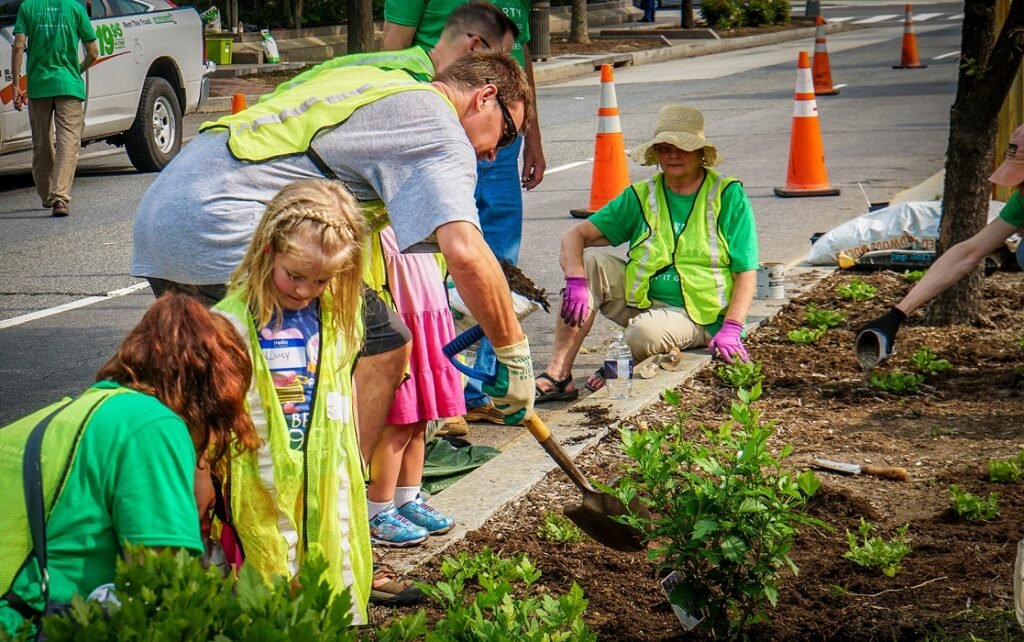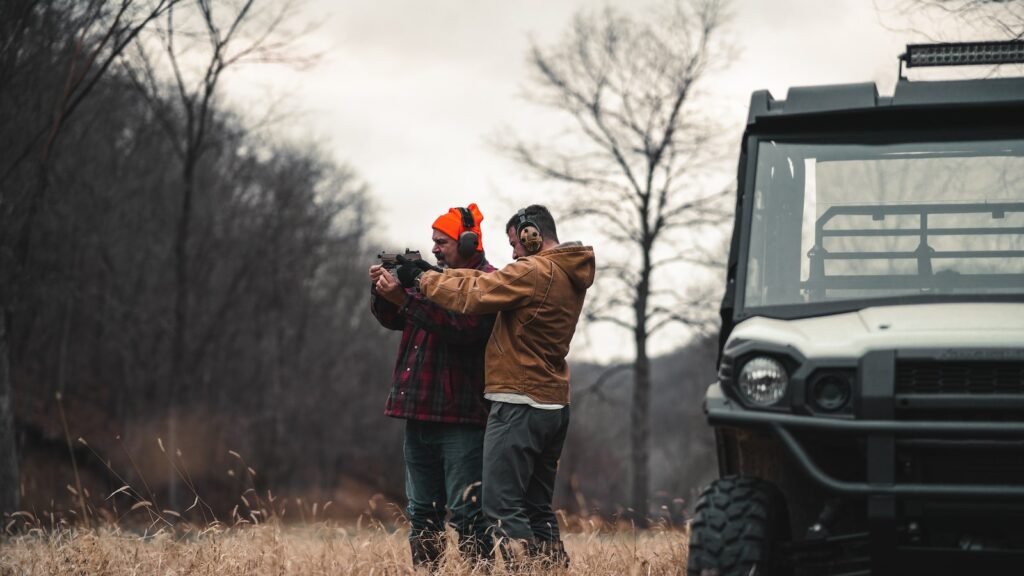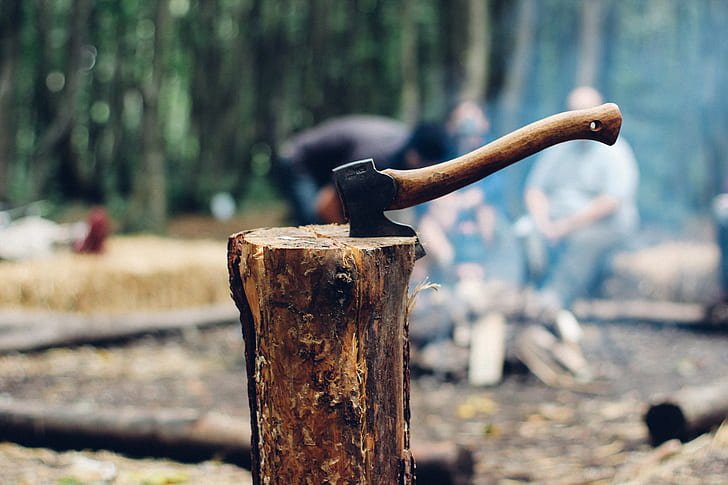Now Reading: How to Hunt and Cook Birds in the Wild
-
01
How to Hunt and Cook Birds in the Wild

How to Hunt and Cook Birds in the Wild
In the vast expanse of the untamed wilderness, a symphony of chirps, squawks, and melodies resonates through the air. As seasoned hunters and outdoor enthusiasts venture deep into these uncharted territories, they are not merely captivated by the beauty surrounding them, but also by the prospect of procuring succulent sustenance. Hunting and cooking birds in the wild is an art form that has been honed by generations, harnessing both skill and instinct. Step into this magnificent realm, and allow us to unveil the secrets behind this time-honored practice that seamlessly blends the thrill of the chase with the gratification of preparing a delectable feast.
Table of Contents
- Finding the Best Hunting Spots in the Wild
- Mastering Essential Hunting Techniques for Birds
- Preparing and Cooking Wild Birds: Tips and Tricks
- Exploring Delicious Recipes for Wild Bird Dishes
- Ensuring Safety and Sustainability in Bird Hunting
- Q&A
- Wrapping Up

Finding the Best Hunting Spots in the Wild
Exploring the wilderness to find the perfect hunting spot can be both thrilling and challenging. Whether you are a seasoned hunter or a beginner, these tips will surely help you in your quest to find the best hunting spots:
- Research and gather intel: Before setting foot in the wild, arm yourself with knowledge. Study maps, satellite imagery, and local hunting regulations to identify potential locations worth exploring. Local hunting forums, blogs, and word-of-mouth recommendations can also provide valuable insights from experienced hunters.
- Look for signs of wildlife: Nature has its way of leaving clues for those who observe carefully. Look for tracks, scat, feathers, or animal trails that indicate the presence of wildlife. Pay attention to food sources, water bodies, and shelter areas as animals are drawn to these resources.
- Consider the seasons: The time of year and the specific hunting season can greatly impact the availability and movement of game. Different species have distinct patterns during breeding, migration, or hibernation seasons. Research the behavior of your target animal during different times of the year to increase your chances of success.
Remember, finding the best hunting spots requires patience and a keen eye. Always respect nature and follow hunting regulations to ensure a sustainable and ethical hunting experience.
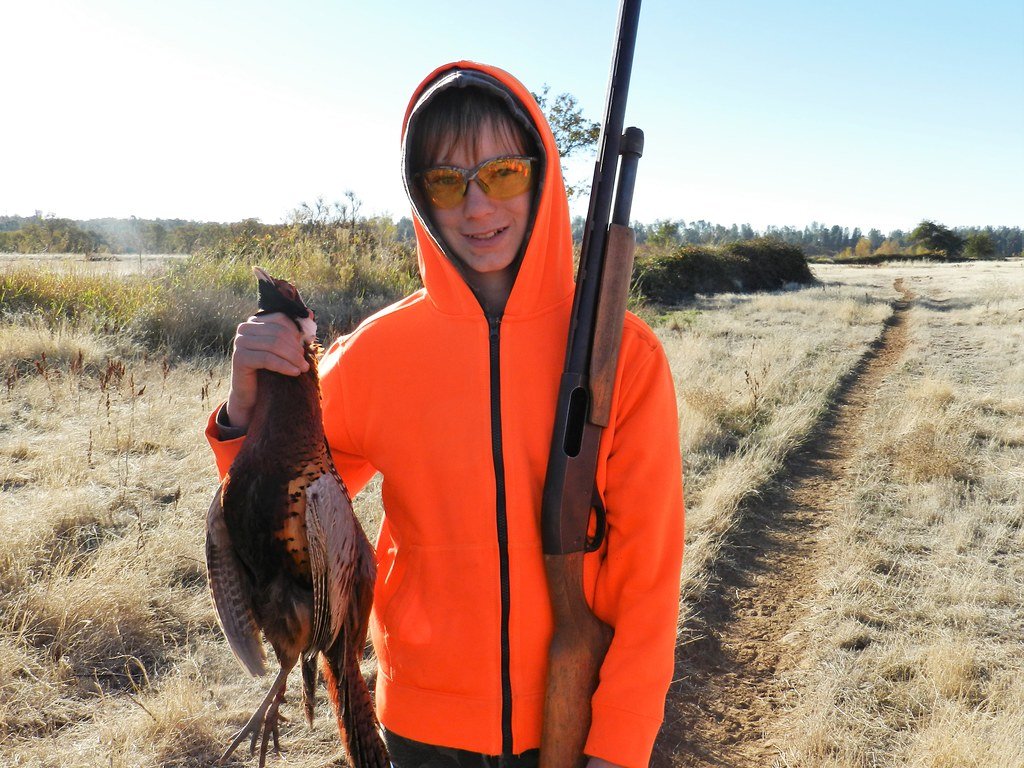
Mastering Essential Hunting Techniques for Birds
Are you ready to take your bird hunting skills to the next level? Here, we’ll delve into the essential techniques every bird hunter should master. These techniques will not only improve your chances of a successful hunt, but also enrich your overall experience in the great outdoors.
1. Understanding Bird Behavior: To become an effective bird hunter, it’s crucial to have a deep understanding of the behavior and habits of different bird species. Study their migration patterns, feeding grounds, nesting sites, and preferred habitats. This knowledge will allow you to anticipate their movements and increase your chances of a successful hunt.
2. Perfecting Concealment: Birds possess exceptional eyesight, making effective concealment paramount for a successful hunt. Invest in quality camouflage gear that matches the environment you’ll be hunting in. Familiarize yourself with natural cover such as tree lines, bushes, and grasses, using them strategically to blend into your surroundings. Remember to also minimize sudden movements and keep noise levels to a minimum, enhancing your chances of getting within range of your target.
3. Mastering Calling and Decoying: Calling and decoying are vital techniques for attracting birds within shooting range. Research the specific calls and decoy setups that are most effective for your target species. Practice different calling techniques, using various calls such as duck calls or turkey calls, to simulate natural bird sounds. Experiment with different decoy spreads to mimic the appearance of a flock. By mastering these techniques, you’ll be able to lure and deceive birds, providing you with the perfect shot opportunity.
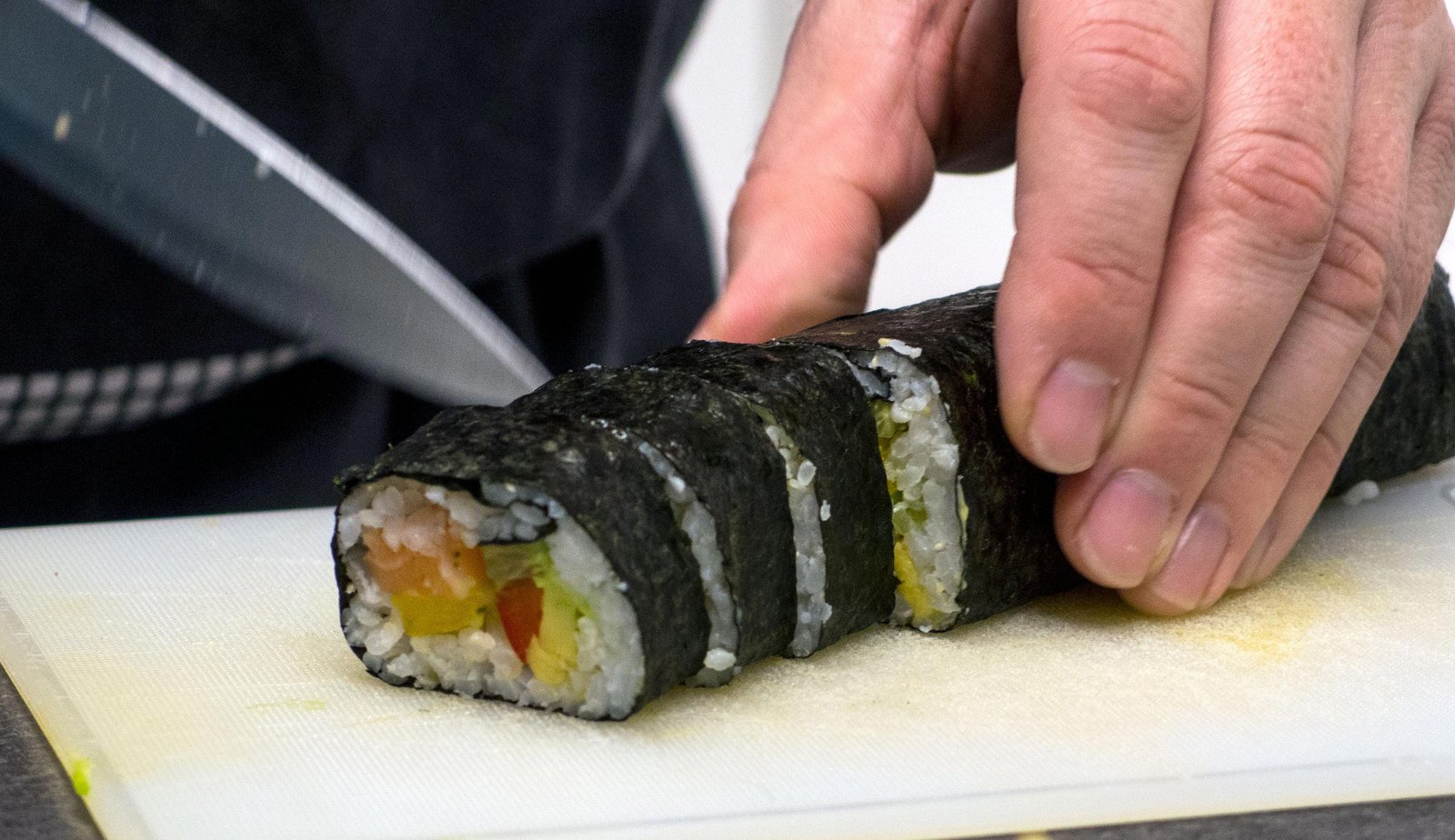
Preparing and Cooking Wild Birds: Tips and Tricks
Preparation Tips:
- Start by ensuring that the wild bird you are planning to cook is fresh and properly cleaned. Remove any feathers, excess fat, or dirt.
- Tenderizing the meat can be crucial, especially for larger game birds. You can achieve this by marinating them overnight in a mixture of your preferred herbs, spices, and acidic liquids like vinegar or lemon juice.
- Consider brining smaller birds for a juicier outcome. Soak them in a saltwater solution for a few hours to enhance their flavor and moisture retention.
- For leaner birds like wild turkey or pheasant, consider wrapping them in bacon before roasting or grilling to keep the meat moist.
- When it comes to specific cuts, breast meat is often the most tender and desired part. However, don’t underestimate the flavors and texture of the legs and thighs, which can be amazing additions to stews or slow-cooked dishes.
Cooking Techniques:
- Roasting: Preheat your oven to the recommended temperature and ensure the bird is placed on a rack to allow heat circulation. Baste the bird every 30 minutes to keep it moist and tender.
- Grilling: Brush the bird with oil or marinade and preheat the grill to medium-high heat. Cook the bird over indirect heat, turning occasionally, until the internal temperature reaches the recommended level.
- Braising: This slow-cooking method is perfect for tougher wild birds. Sear the bird in a hot pan before transferring it to a pot with flavorful liquid, such as broth or wine. Simmer on low heat until the meat is fork-tender.
- Smoking: If you seek complex smoky flavors, try smoking your wild bird. Follow the instructions of your smoker and use a blend of wood chips for the desired taste.
Remember, experimenting with different flavors, spices, and cooking methods can elevate your wild bird culinary experience. Embark on this wild bird cooking adventure and indulge in the natural and unique taste this game has to offer!

Exploring Delicious Recipes for Wild Bird Dishes
Get ready to embark on a culinary adventure as we uncover a world of flavors with our wild bird dishes. From gamey pheasants to tender quails, these recipes are sure to wow your taste buds and elevate your cooking skills to new heights.
Crispy Pheasant with Fig Glaze
Indulge in the succulent meat of a pheasant, expertly cooked to perfection. This recipe combines the rich flavors of roasted pheasant with a sweet and tangy fig glaze. Enhance the taste by serving it with a side of creamy mashed potatoes and roasted vegetables. The combination of tender meat and the aromatic glaze will leave your guests craving for more!
Quail with Wild Rice Stuffing
Elevate your dinner party with this elegant dish featuring quail stuffed with a delightful blend of wild rice, herbs, and spices. The tender and juicy quail is bursting with flavors from the aromatic stuffing. Pair it with a refreshing citrus salad, and you have yourself a restaurant-quality meal that will surely impress your family and friends.
Roasted Duck Breast with Berry Reduction
Experience the succulence of roasted duck breast perfectly complemented by a luscious berry reduction. The crispy skin, combined with the tender and juicy meat, creates a delightful contrast of textures. The sweet and tart berry reduction adds a burst of fruity flavors, making this dish a true sensation for the palate. Serve it with a side of roasted root vegetables for a hearty and unforgettable meal.
Unlock the possibilities of gourmet cooking with these tantalizing wild bird dishes. Whether you’re a seasoned chef or just starting out in the kitchen, these recipes will inspire you to create unique and delicious meals that will leave a lasting impression. So grab your apron and let’s dive into the wonderful world of wild bird cuisine!
Ensuring Safety and Sustainability in Bird Hunting
Bird hunting is a popular activity enjoyed by many outdoor enthusiasts. However, it is crucial to ensure both the safety of hunters and the sustainability of bird populations. To achieve this, here are some key measures that can be taken:
1. **Knowledge and Education**: It is essential for bird hunters to have thorough knowledge of local laws, regulations, and permits related to hunting. Understanding the migratory patterns and breeding seasons of birds can also help hunters better plan their activities. Education programs and workshops can further raise awareness about responsible hunting practices.
2. **Use of Non-toxic Ammunition**: The use of non-toxic ammunition, such as steel or bismuth shot, instead of toxic lead, can significantly reduce the risks to bird populations and the environment. This practice helps prevent lead poisoning, which can have devastating effects on both birds and other wildlife.
3. **Protecting Endangered and Sensitive Species**: Identifying and protecting endangered or sensitive bird species is crucial for maintaining ecological balance. Hunters should educate themselves about these species and refrain from targeting them. Reporting sightings of these birds to relevant conservation organizations can also contribute to their protection.
4. **Ethical Hunting Practices**: Respecting the birds and the environment is paramount. Hunters should aim to minimize their ecological impact by adhering to bag limits, avoiding excessive hunting pressure in specific areas, and practicing fair chase principles.
By implementing safety measures and promoting sustainable hunting practices, we can enjoy the thrill of bird hunting while ensuring the long-term conservation of these magnificent creatures and their habitats.
Q&A
How to Hunt and Cook Birds in the Wild
What are some essential hunting skills for successfully catching birds in the wild?
Developing patience, stealth, and accuracy are crucial for successful bird hunting. Learning to read their behavior, understanding their habits, and mimicking their calls can greatly increase your chances of a successful hunt.
What are some ethical considerations to keep in mind while hunting birds?
Respecting local hunting regulations and ensuring the bird species you are targeting is not endangered or at risk is essential. Proper disposal of the remains and minimizing any unnecessary suffering are crucial in maintaining ethical hunting practices.
What are some key safety precautions to follow when hunting birds in the wild?
Always wear appropriate hunting gear and bright-colored clothing to avoid accidental injuries. Familiarize yourself with the hunting area to prevent getting lost and make sure to handle firearms responsibly, adhering to local safety guidelines.
What are the different hunting techniques for capturing birds in the wild?
Bird hunting can be done through various methods, including stalking, decoying, and using bird calls. Each technique requires different skills and strategies, so it’s important to choose the right approach depending on the target species and your environment.
Once you have successfully hunted a bird, what are some tips for preparing it for cooking?
After properly cleaning and dressing the bird, make sure to handle and store it hygienically to avoid any bacterial contamination. Removing visible feathers, seasoning it well, and cooking it thoroughly will ensure a delicious and safe meal.
What are some recommended cooking methods for wild bird meat?
Wild bird meat can be cooked using various methods, such as grilling, roasting, or pan-frying. Applying marinades or brines can add flavor and help tenderize the meat. However, it’s vital to avoid overcooking, as wild bird meat tends to be lean and can easily become dry.
Are there any precautions to take when eating wild bird meat?
It is necessary to cook wild bird meat thoroughly to eliminate any potential harmful bacteria. Ensure the meat reaches the recommended internal temperature, and avoid consuming raw or rare meat. Additionally, be cautious of any seasonal or consumption advisories for specific bird species in your area.
Wrapping Up
As we come to the end of this wild journey, we hope you’ve found inspiration and appreciation for the age-old art of hunting and cooking birds. We’ve soared through the vast realms of nature, exploring the intricacies of tracking, camouflage, patience, and culinary prowess.
Remember, hunting is not merely about filling our pantry; it speaks to an inherent connection with the natural world. Through the lens of the hunter, we embrace the ancient wisdom and survival skills that have been passed down through generations.
As you embark on your future hunting endeavors, let the wilderness be your guide, the birds your muse, and your instincts your compass. Wear your hunter’s mantle with a humble respect for the delicate balance of life and nature.
But let us not forget, gentle reader, to honor these incredible creatures by utilizing their gifts to create memorable meals. As you gather around the dinner table, the aroma of wild game filling the air, reflect upon the energy and harmony that brought such sustenance to your plate.
With each bite, savor the flavors of the wild – the gaminess of the meat, the whispers of the forests, and the melodies of the skies. Let each morsel be a testament to your own skills as a hunter, recognizing the privilege that lies within this ancient tradition.
In closing, we implore you to approach your hunts with both reverence and responsibility. As we venture into the untamed corners of our world, let us be reminded of our duty to preserve and protect these precious ecosystems, ensuring future generations may revel in the dances of birds taking flight and the joy of preparing these gifts from nature’s larder.
So, dear reader, go forth with a heart brimming with knowledge, gratitude, and an insatiable curiosity. Embrace the wildness, taste the untamed beauty, and let the realm of hunting and cooking birds become your sanctuary of discovery.
Until our paths cross again, may your hunts be guided by celestial whispers, your flames dance with reverence, and your meals be a tribute to the magnificent creatures that share this world with us. Safely journey, fellow hunters, and bon appétit!
As an affiliate, my content may feature links to products I personally use and recommend. By taking action, like subscribing or making a purchase, you’ll be supporting my work and fueling my taco cravings at the same time. Win-win, right?
Want to read more? Check out our Affiliate Disclosure page.

